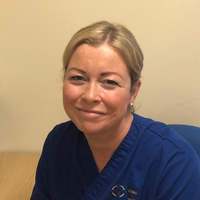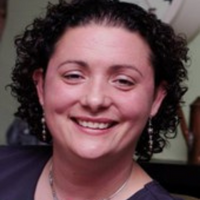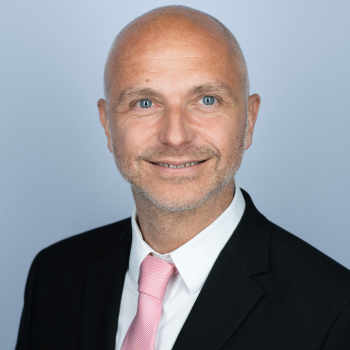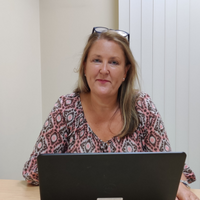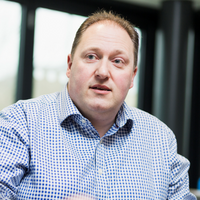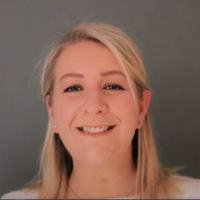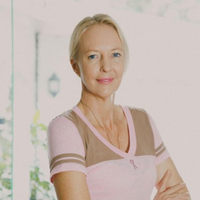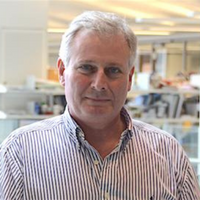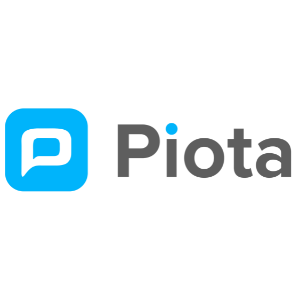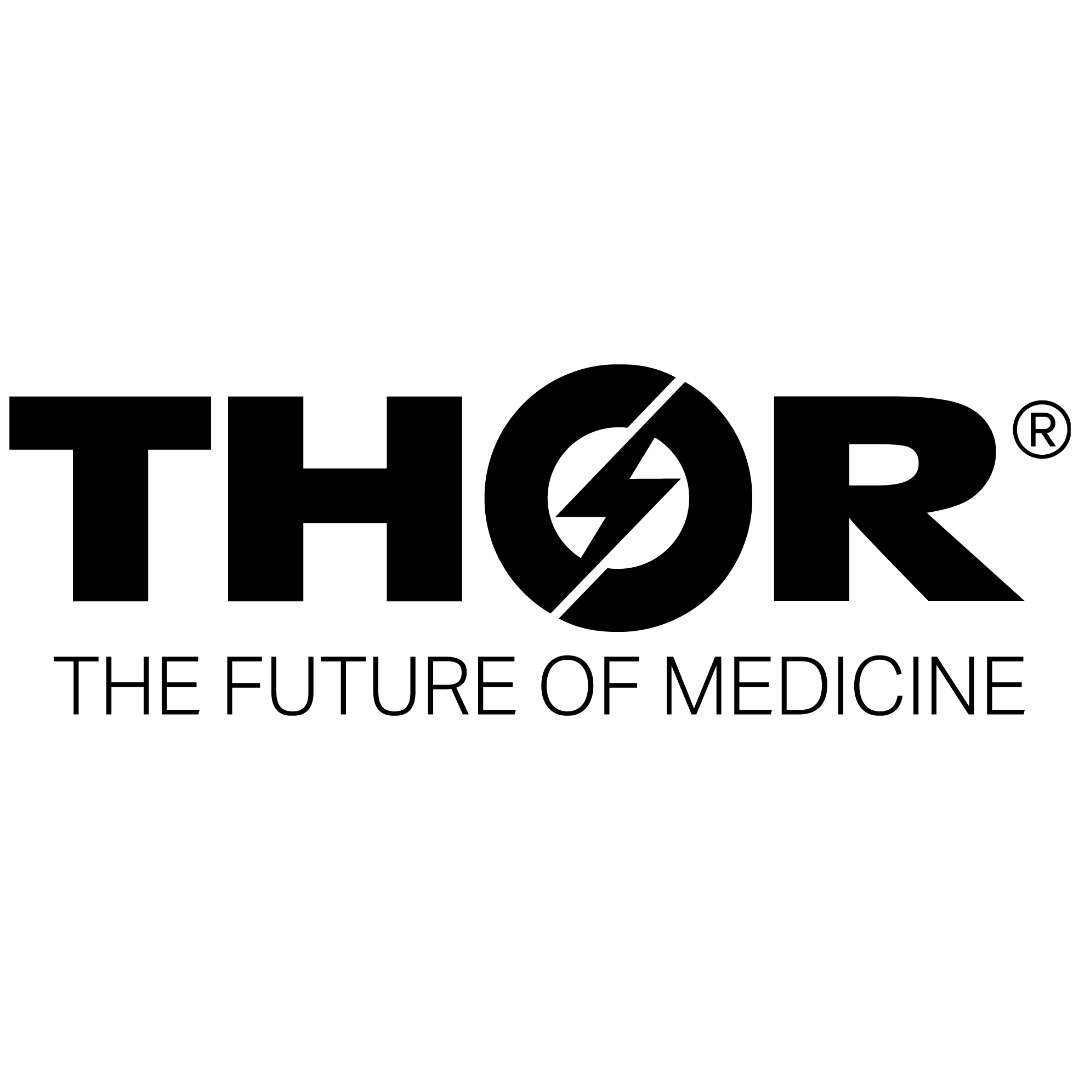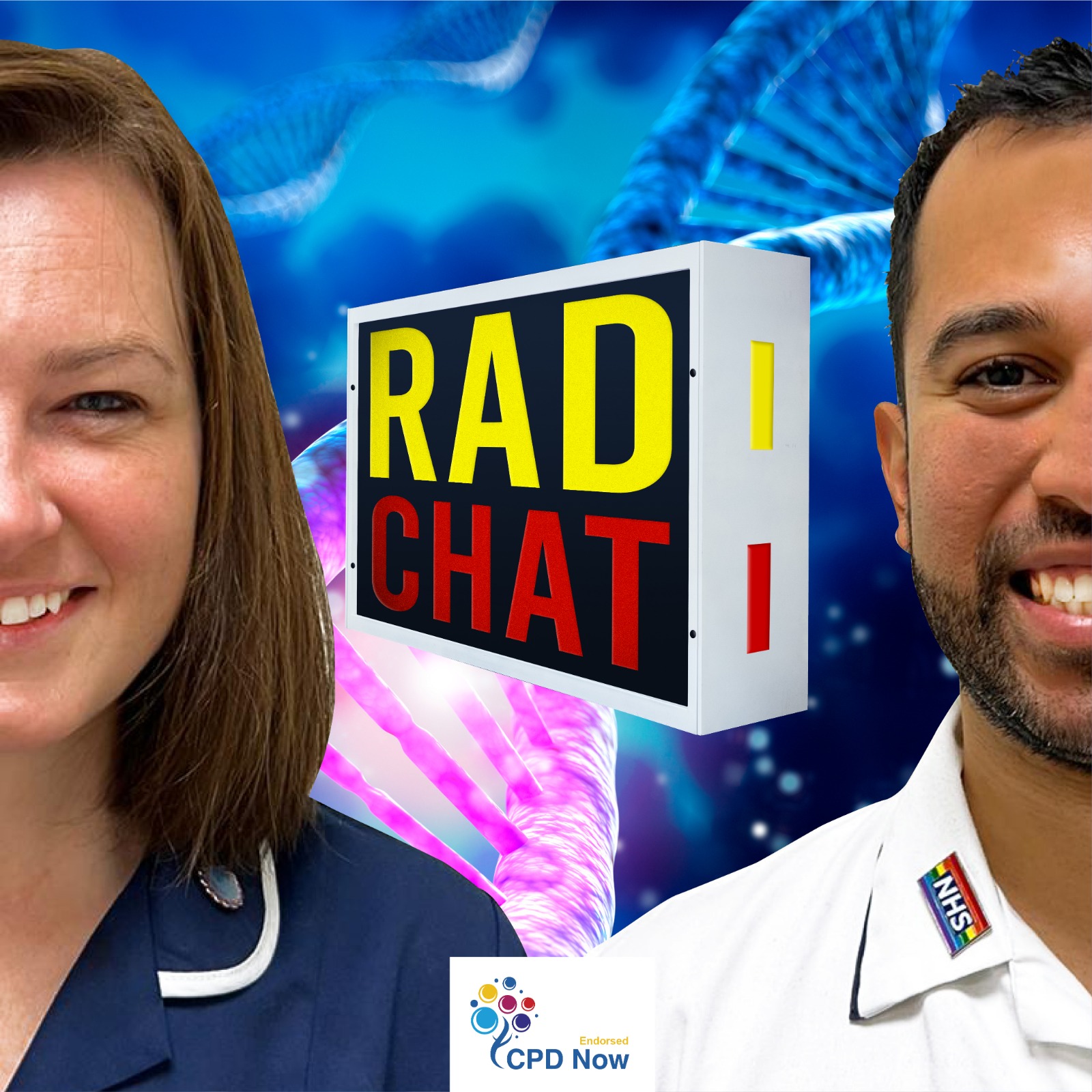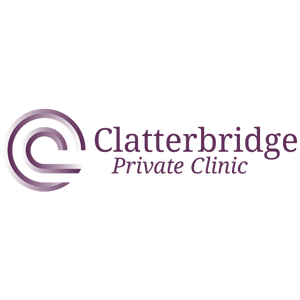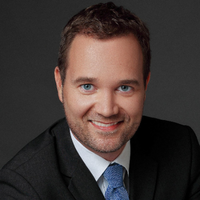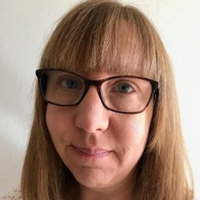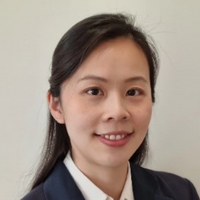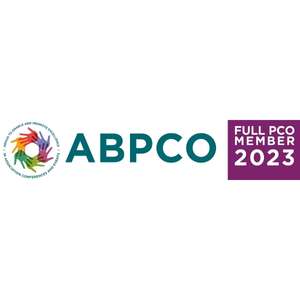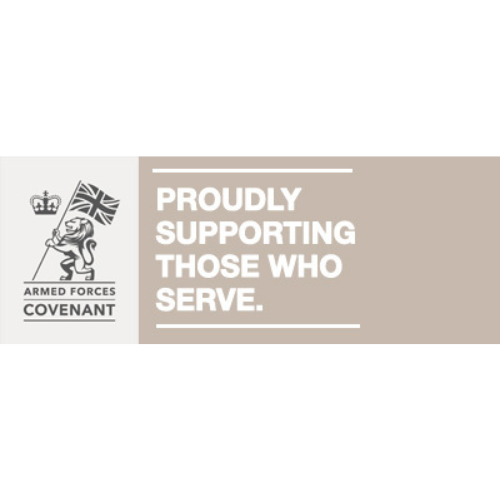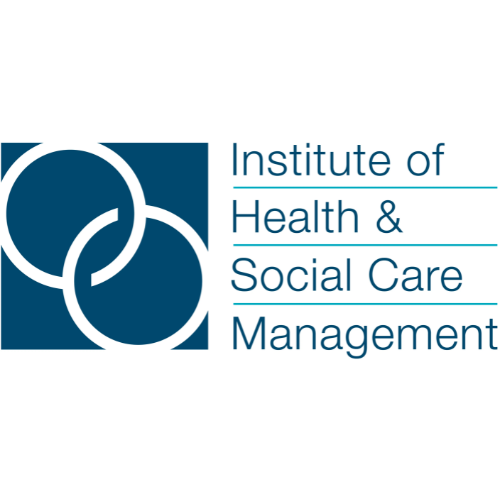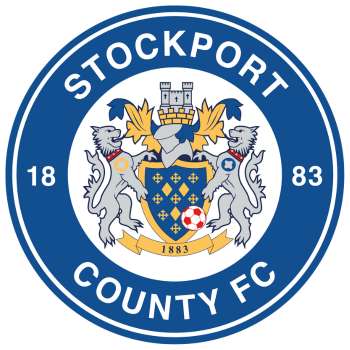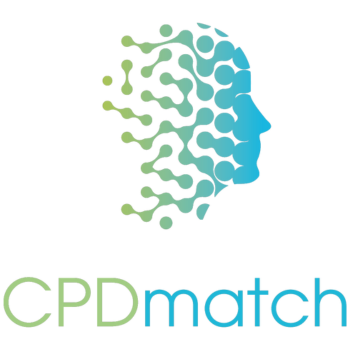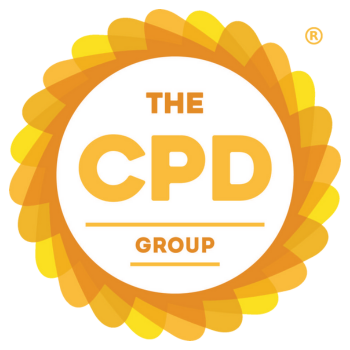The NHS Oncology Conference 2022 London
The NHS Oncology Conference provides a high-value and peers focused platform for NHS Oncology and Cancer specialists to share practical insights and best practices from across the UK. Our physical events offer a unique opportunity to meet with key sector stakeholders in an informal and relaxed atmosphere, this provides an ideal chance to discuss strategic change and learn from some of the most well-respected public sector professionals in the country, all while soaking up the lovely atmosphere our venues and audience provide.
The Covid pandemic caused a sharp increase in waiting times and backlogs in a healthcare system that was already operating extremely close to its maximum capacity. By September 2021, it’s estimated there were 5.83 million patients on the waiting list for elective care, 1.95 million of those patients had been waiting for more than 18 weeks, including 301,000 waiting for more than a year.
To try and reduce further crisis NHS England set up a national Cancer Recovery Taskforce, headed up by Professor Peter Johnson, National Clinical Director for Cancer, and includes representatives from cancer charities, royal colleges, national teams and the NHS Cancer Programme’s Patient and Public Voices (PPV) Forum
The task force’s focus is the recovery of cancer services and it reports to the National Cancer Board which oversees the delivery of the NHS Long Term Plan ambitions for cancer – to diagnose 75% of cancers at stage 1 or 2, and for 55,000 more people to survive for five years or more by 2028.
The task force’s roles are to:
- Review progress against the aims of the recovery plan monthly, reporting to the
National Cancer Board.
- Identify any requirements for the successful recovery of cancer services that are
the responsibility of stakeholders outside the NHS Cancer Programme (eg public
awareness, cancer screening, infection control measures)
- Understand and represent the needs of patients and their families, and NHS staff,
and engage with the wider cancer community on the national delivery of the
the recovery plan and its progress.
- Share practical suggestions about what the wider cancer community can do to
support recovery.
Our upcoming conference aims to provide delegates with clear direction on the national strategy, which has been set in motion to help reduce the pressure on NHS Oncology services, and how it plans to support the people working in our NHS – the GPs, nurses, oncologists, radiographers and radiologists to name but a few – who will deliver these improvements at a local level.
Join us at The NHS Oncology Conference 2022 as we explore these new areas of best practice, network with peers and share insights across a short but high-value conference.
Research sources: NHS England and improvement, Cancer Research UK, The Guardian, Health Education England
AstraZeneca has provided a sponsorship grant towards this independent programme
The NHS Oncology Conference 2021: Innovating Through Backlogs Overview:
- 51% of Delegates would recommend Convenzis to their Colleagues.
- 53% of Delegates rated our speakers as either Good or Excellent.
- 69% of Attendees were at Senior Management Level or above.
- 97% of Delegates are interested in attending the next event.
- 30% of Delegates would like to receive more information from all Sponsors.


